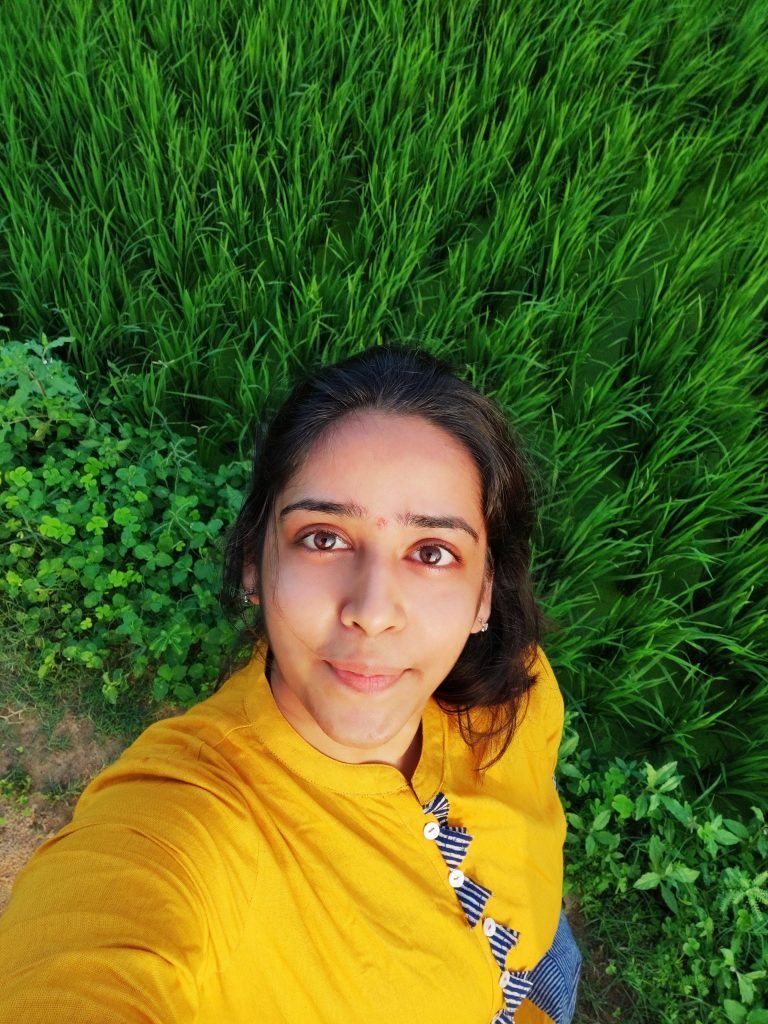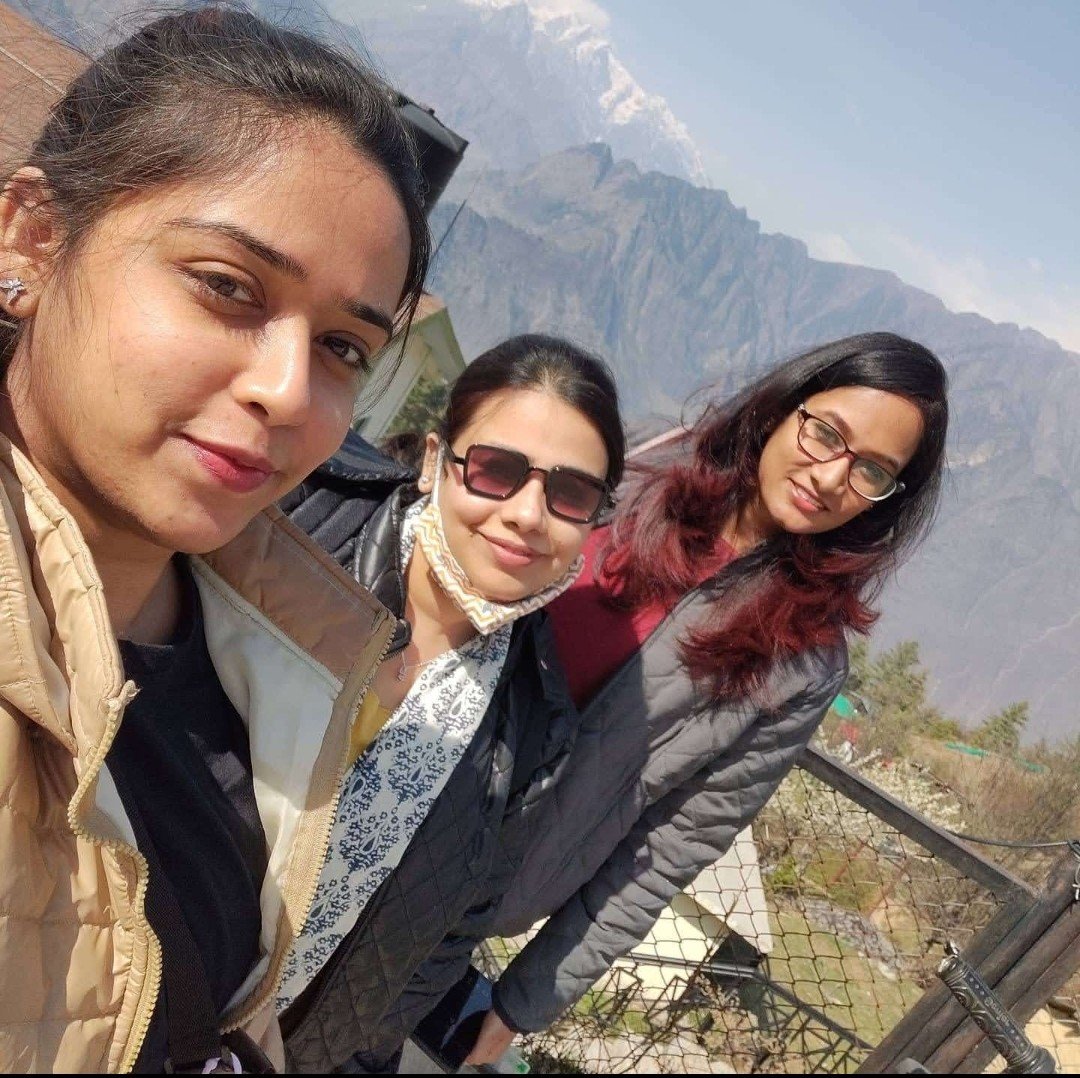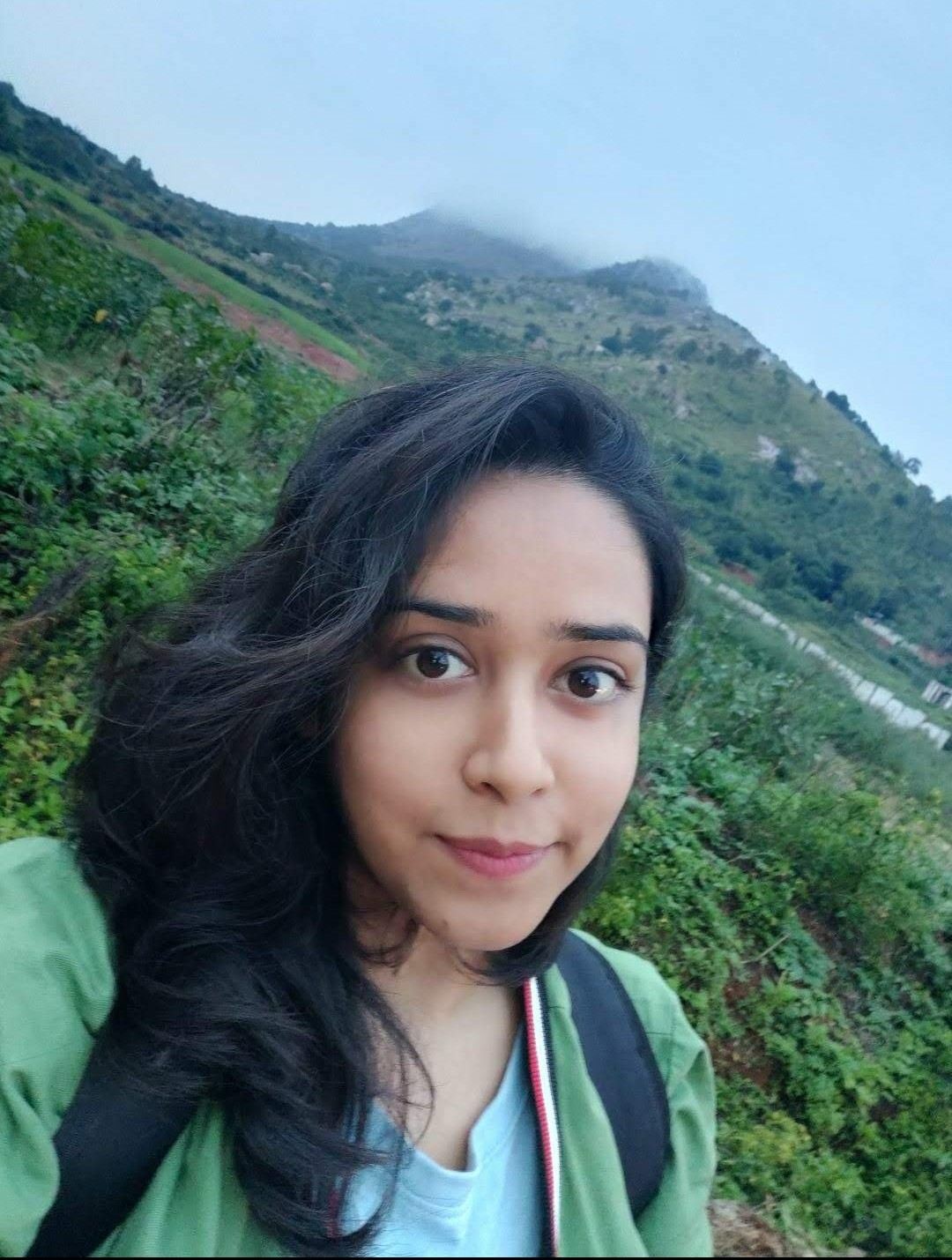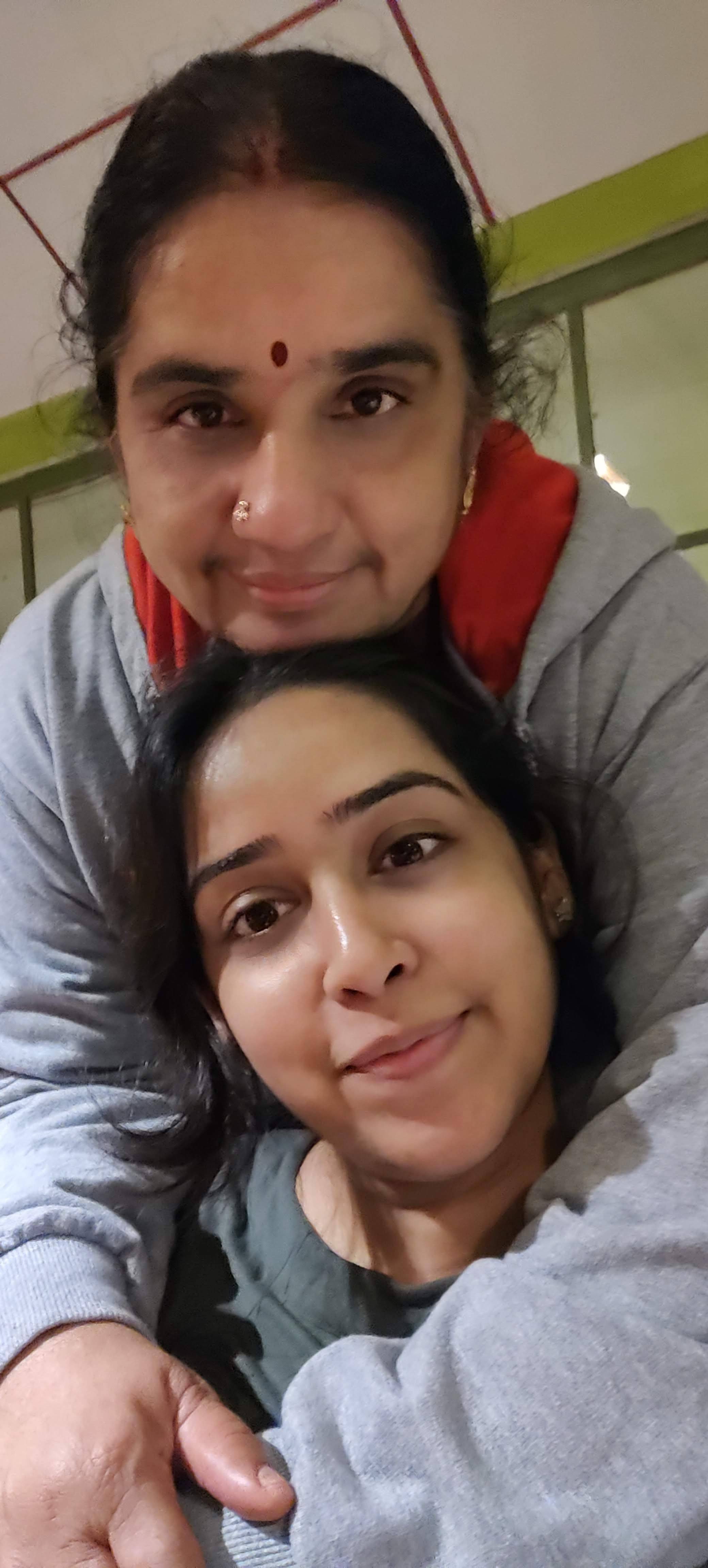Pravalika Meduthuri,
India (1995)
Not just to survive but to live
I had my first HAE attack when I was around 17. It was an abdominal one, and it was very painful as well as confusing, as I guess would be the case for most people attacked by something they don’t know what is. My parents and I didn’t understand why it was happening, and initially, we thought it was food poisoning. Consequently, my diet was quite restricting, so both take-outs and eating out were very limiting at that point.
About four years later – after numerous attacks – I was in the hospital for three days straight. The swelling was way too much to handle, and this time it didn’t respond to antihistamines or any kind of steroids. That raised suspicion among the medical staff, and eventually, I was diagnosed with HAE.
How would you describe your adolescence as an HAE patient – did your condition keep you from doing things your friends did, or did you stick to your sport or other favorite activity despite having HAE?
It was difficult initially, given that no prophylaxis treatment was available when I had my first attacks. But later on – after trying multiple medications and finding the one that works for me – I started doing all the things I love. I have a lot of hobbies now, and I like the fact that I’m able to keep up with my activities as things are nowadays.
As for hobbies, I like to try something new. I do different types of art, I try new workout techniques, I am a tech geek, I’ve tried amateur photography and short story writing, and it’s been good so far. Also, I’ve killed enough plants to reach a level where I can finally raise some on my own.
Are there any other HAE patients in your family?
There a quite a few, actually. My father but also uncles and cousins. As for their condition, I’d say that it’s much better than before. Given that everyone has their own set of medications and are keeping up physically as well.
Would you say that you have met understanding from people around you?
Understanding people around us is very important – also in general, I mean. Luckily people who are close to me have been very understanding and supportive of my decisions in life. I have doctors around for emergencies and on-call suggestions who respect my informed choices on the medications I take.
Would you say that your condition influences your choices in life?
Yes. That’s a big yes. I got married recently, and when we decided to tie the knot, our biggest discussion was how we would handle my condition in emergencies. Obviously, it influences my daily life that I still have food restrictions. And when we are talking about the future – well, my condition will undoubtedly influence my decisions regarding having kids, the type of workouts I do, and the way I travel. All this and much more is and will be heavily influenced by my condition.
Are you involved with HAE awareness work?
I am. I volunteer for HAEi activities in India. I manage the patients’ and doctors’ database. I talk to new patients. I connect them with doctors in their area – in general, I help them as much as possible.
I was unable to attend the 2020 HAE Global Conference because I was affected by COVID-19 – and eventually, the conference ended up being canceled. All the more so, I’m looking forward to the next chance to meet with the international community.
My first involvement with the HAE Youngsters’ Community was during Christmas 2020. The community is particularly important to me because I can connect and relate to everyone there. We do live in different countries but have similar goals, like, accepting HAE as a part of our lives and not letting anything affect our goals and ways of living. Not just to survive but to live.
If you should advise a newly diagnosed patient from India, what your advice be?
My major advice would be to reach out to the doctors and fellow patients. Get as much information as possible. Get all the questions answered. Keep checking for patient meets, online or otherwise. Talking to other patients – hearing how they handle HAE – will help a lot in understanding your own issues. Be transparent with doctors about the symptoms and get prophylaxis that would work for your medical history.
Also, I recommend keeping a doctor’s prescription handy in case of emergencies. And your family should be very well informed about your condition and what to do in an emergency. Furthermore, you should note down all the numbers of nearby hospitals’ ERs. Keep an ER bag handy with all the notes and stuff you need, such as daily medications. It’ll help when you need to rush to the hospital.
















